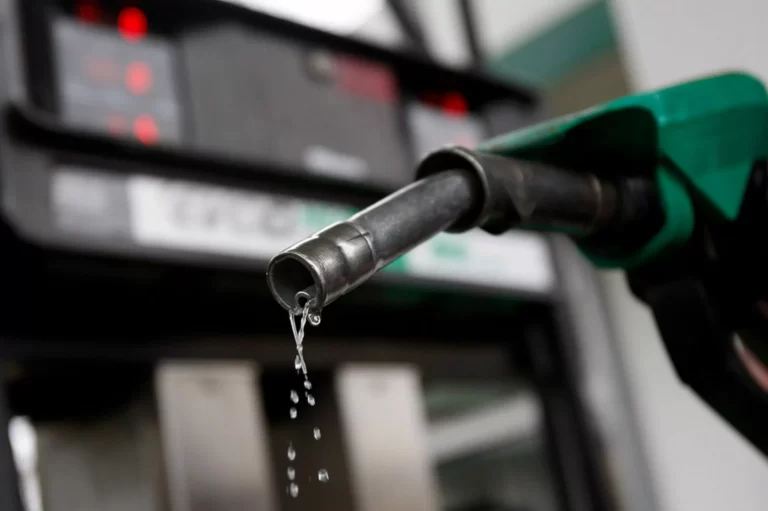The Lagos State government is promoting the safe transition from using petrol to LPG as a fuel for household purposes, emphasizing its commitment to safeguarding the lives and properties of its residents.
In a statement issued by Mr. Lanre Mojola, the Director-General of the Safety Commission, the commission stated that the Babajide Sanwo-Olu sdministration was determined to pursue this course of action due to recent developments, such as the removal of subsidies.
These developments, the statement , noted had resulted in increase in the price of petrol (PMS) at the pumps, causing inconvenience to the citizens, adding
“Consequently, there has been a significant rise in the conversion of petrol generators in homes and offices to LPG generators”.
Mojola highlighted that using alternative fuels like LPG or Compressed Natural Gas (CNG) to power generators and machinery offers numerous advantages, including the fact that CNG and LPG are generally more affordable than petrol, potentially leading to long-term cost savings.
“These fuels are cleaner, and so do not contaminate the air as much as petrol and diesel do. Natural gas and LPG are often more abundant and domestically sourced in certain regions compared to petrol. This can provide greater fuel availability and independence from fluctuations in petrol prices or supply disruptions.
“CNG and LPG combustion generally produce less noise compared to petrol. This results in quieter generator operation, which can be beneficial for residential use and minimize noise pollution,” he said.
The head of the safety commission emphasized that the state government wanted to raise public awareness about the safety risks involved in converting to LPG-powered generators for residential and office use.
He outlined several safety hazards associated with this conversion process, including the potential for fire outbreaks if there is a gas leakage from the hose or cylinder valve due to sparks or heat from the generator.
Mojola added that there is also the risk of explosion if the generator house lacked proper ventilation, allowing gas to accumulate in an enclosed space.
He also added that mishandling of LPG, bottled under high pressure, could lead to explosions, while improper placement of gas cylinders on uneven flooring can cause them to fall and roll, resulting in uncontrolled leakages.
Mojola also highlighted that gas cylinders could corrode if exposed to rain or a humid environment, adding that direct sunlight could also subject cylinders to excessive temperatures, thereby increasing the risk of explosions.
Poor installation of hybrid carburetors on generators, he pointed out, could elevate the likelihood of accidents, just as for household generating sets, the use of CNG should generally be discouraged, except for special cases such as large estates with power generation plants.
Mojola admonished that the use of sub-standard, deteriorated, or expired cylinders significantly heightened the risk of gas explosions.
Ms. Shola Shasore, the Permanent Secretary of the Ministry of Energy and Mineral Resources, submitted that it was crucial to recognize that converting a petrol generator to use alternative and more cost-effective fuels might require modifications and installation of appropriate conversion kits by qualified professionals.
She urged the general public to engage only qualified technicians for this service, adding “In case of any doubts, individuals should contact the Lagos State Ministry of Energy and Mineral Resources or the Lagos State Safety Commission for guidance on professional vendors, installation procedures, and appropriate safety guidelines.”






